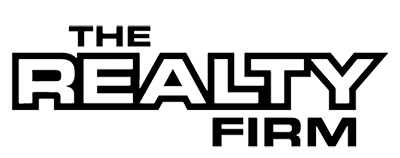Homeowners who decide they’re ready to become move-up buyers face a chicken-or-egg dilemma. Do You Buy or Sell First When You’re Ready to Move? The answer depends on several factors, including your local market conditions, your financing options and your feelings about potentially moving twice if you sell your home before your next residence is available.
Market Conditions
Before you blithely assume that your real estate market is a buyer’s market or a seller’s market, you need to realize that you must be very specific about the market for your particular neighborhood, the style of home you own, and the price range for your property. In addition, you need to assess the availability of homes that meet your criteria. You’ll need to work with a knowledgeable, professional REALTOR® who can talk to you about how quickly homes that are similar to yours are selling and for how much. On the buying side, you should do some preview shopping to get an idea of what you want and how easy it is to find it. For example, if you must live in a particular, popular school district, you may want to consider buying a home first so that you’re sure you have a place you want.
Financial Options
In an ideal world, everyone would have the funds to pay cash for their next home, but the reality is that most people need the equity from the sale of their current home for the down payment on the next house. One option is to sell your home and then negotiate to rent it back from your buyers, but remember THAT you’ll need to pay them for the rental. Also, lenders will limit the rent-back term to a maximum of 60 days because a rental lasting longer than that would be considered an investment property.
Alternatively, you can temporarily live with friends or family or in a short-term rental while you’re between homes. In that case, you might need to pay for a storage facility for your possessions.
A drawback to selling your home first is that you may be unable to find a home to buy, or you may feel rushed into taking a place that doesn’t meet your expectations.
If you can qualify for the mortgage loan on both your current home and the next home, you can access the equity in your current home with a line of credit. You’ll need to take out the line of credit before you put your home on the market and then you can pay it back at settlement.
You may also be able to borrow money for a down payment from relatives that you can repay after your home sells.
Some lenders also offer bridge loans for transitioning homeowners as long as they have excellent credit and sufficient equity in their current home. A lender can help you evaluate your options.
Risk Aversion and a Plan B
You’ll have to ask yourself what scares you most: selling first and having nowhere to live or buying first and being stuck with two mortgage payments. The answer depends on your finances and your local market, but in either case you should have a back-up plan to deal with the worst case scenario – either another source of income for those mortgage payments or an identified place to live for a few weeks or months while you shop for a home.
Written by Darren Wilson at The Realty Firm




